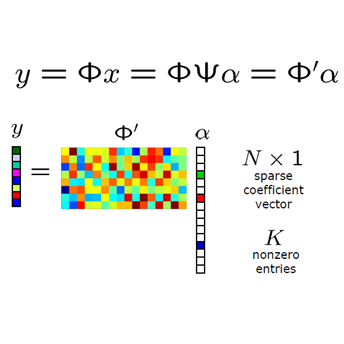The Kaczmarz method (KZ) and its variants, which are types of stochastic gradient descent (SGD) methods, have been extensively studied due to their simplicity and efficiency in solving linear equation systems. The iterative thresholding (IHT) method has gained popularity in various research fields, including compressed sensing or sparse linear regression, machine learning with additional structure, and optimization with nonconvex constraints. Recently, a hybrid method called Kaczmarz-based IHT (KZIHT) has been proposed, combining the benefits of both approaches, but its theoretical guarantees are missing. In this paper, we provide the first theoretical convergence guarantees for KZIHT by showing that it converges linearly to the solution of a system with sparsity constraints up to optimal statistical bias when the reshuffling data sampling scheme is used. We also propose the Kaczmarz with periodic thresholding (KZPT) method, which generalizes KZIHT by applying the thresholding operation for every certain number of KZ iterations and by employing two different types of step sizes. We establish a linear convergence guarantee for KZPT for randomly subsampled bounded orthonormal systems (BOS) and mean-zero isotropic sub-Gaussian random matrices, which are most commonly used models in compressed sensing, dimension reduction, matrix sketching, and many inverse problems in neural networks. Our analysis shows that KZPT with an optimal thresholding period outperforms KZIHT. To support our theory, we include several numerical experiments.
翻译:Kaczmarz方法(KZ)及其变体是随机梯度下降(SGD)方法的一种,由于其在解线性方程组方面的简单性和效率而得到广泛研究。迭代阈值方法(IHT)在各个研究领域获得了普及,包括压缩感知或稀疏线性回归、带有附加结构的机器学习和具有非凸约束的优化。最近,提出了一种称为基于Kaczmarz的IHT(KZIHT)的混合方法,将两种方法的优点结合起来,但其理论保证尚缺失。本文通过展示在使用重排数据采样方案时,KZIHT向具有稀疏约束的系统的解线性收敛到最优统计偏差水平中,为KZIHT提供了首个理论收敛保证。我们还提出了基于周期阈值方法的Kaczmarz(KZPT)方法,该方法通过为每个KZ迭代应用阈值操作和采用两种不同类型的步长来推广KZIHT。我们为随机子采样的有界正交系统(BOS)和均值为零的各向同性亚高斯随机矩阵建立了KZPT的线性收敛保证,这些模型通常用于压缩感知、降维、矩阵草图以及神经网络中的许多反问题。我们的分析表明,具有最优阈值周期的KZPT优于KZIHT。为了支持理论,我们还包括了几个数值实验。


